Art of Akris: Albert Kriemler meets Imi Knoebel
The duo dreamt up an Akris collection that is futuristic in fabrication and ease of wear
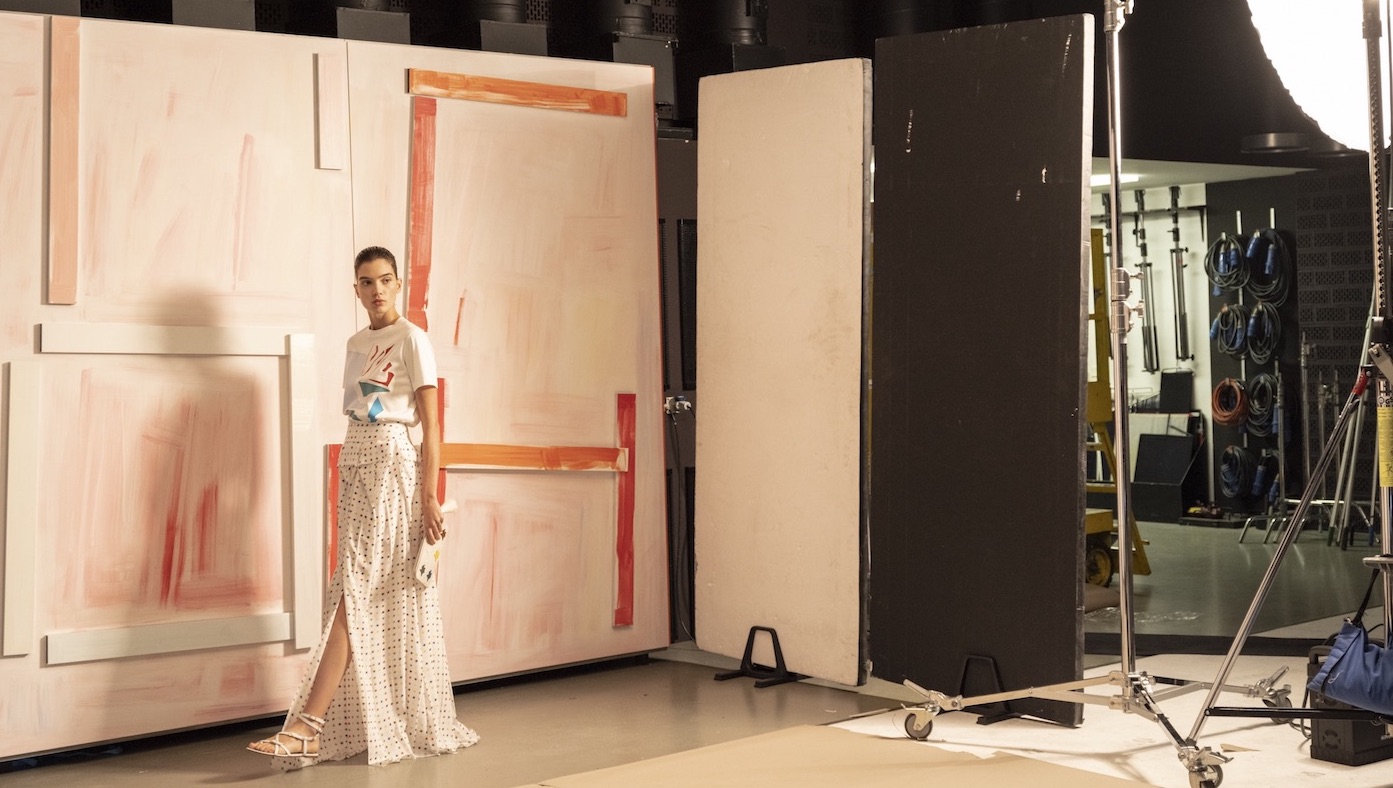
A free daily email with the biggest news stories of the day – and the best features from TheWeek.com
You are now subscribed
Your newsletter sign-up was successful
Albert Kriemler joined Akris, the Swiss luxury fashion house his grandmother first established in 1922 as a maker of patterned aprons, in 1980. At the family concern, Kriemler has since dotted his tenure with views of fine art.
There are his design inspirations – Kriemler’s muses have included Swiss artist Félix Vallotton, member of the turn of the 20th century Parisian Les Nabis movement – and the venues he chooses for Akris’ seasonal fashion shows, such as the Musée d’Art Moderne de Paris, to which he invited guests last January. Then, there are the partnerships he fosters with contemporary artists – some blue chip, some more esoteric, all chosen by Kriemler himself – and whose works have shaped Kriemler’s collections. “There’s a richness when I get into an artwork,” says Kriemler on the phone from the brand’s headquarters in St. Gallen, Switzerland. “I come up with new fabric treatments or silhouettes.”
Kriemler’s list of collaborators is inspired and counts American-Cuban artist Carmen Herrera (spring/summer 2017) and, for Akris’ SS19 wardrobe, Romanian artist Geta Brătescu.
The Week
Escape your echo chamber. Get the facts behind the news, plus analysis from multiple perspectives.

Sign up for The Week's Free Newsletters
From our morning news briefing to a weekly Good News Newsletter, get the best of The Week delivered directly to your inbox.
From our morning news briefing to a weekly Good News Newsletter, get the best of The Week delivered directly to your inbox.
In dialogue with Thomas Ruff, Kriemler in 2014 devised dresses and tailoring ingeniously cut from black fabric finessed with battery-powered LED lights, in homage to the German fine art photographer’s series Stars, which assembles details of negatives showing the night sky above Chile. Kriemler had first spotted the work at Munich’s Haus de Kunst museum years before their eventual team-up. “It was a real collaboration,” the designer remembers today. “He still is very happy about it. It’s good to know when things like that last.”
Like Ruff’s starry skies and Kriemler’s LED wizardry, a preoccupation with light also led the way to Akris most recent link-up. “It was a pure Freude [absolute pleasure] to collaborate,” Kriemler enthuses when asked to detail his work with Imi Knoebel.
Ranked among Germany’s leading post-war artists, Knoebel is a former pupil of genre-defining artist and educator Joseph Beuys. In minimalist paintings, drawings, installations, projections and other mediums, Knoebel focusses on abstract forms and an interplay of colours. His commissions have included nine stained glass windows, bathing the French royal cathedral of Notre Dame in Reims in blue, red and yellow light when hit by the sun.
Kriemler first discovered Knoebel’s work in St. Gallen, at Galerie Wilma Lock. Later, a chance encounter during a gallery opening in Vienna introduced designer to artist. But it wasn’t until last year that Kriemler approached Knoebel and his wife with the idea to collaborate. Navigating changing travel restrictions, Kriemler visited Knoebel’s studios in Düsseldorf, famously home to the artist colour kitchen, where many hundreds of colour swatches are stocked.
A free daily email with the biggest news stories of the day – and the best features from TheWeek.com
Once confirmed, the collection became a “work in progress, across several months” says Kriemler. “A lot of trials, fabric preparations – in this collection, the new thing was phosphorescing fabrics.”
By his own admission, Kriemler is a fabric geek; materials and fibres shape his designs. “This is something I always like,” he says. “I think it’s great to come up with brand new fabrics and research colours. It’s something I adore doing.”
While pondering his SS21 collection, Kriemler recalled first seeing the box-shaped sculpture Batterie, finished by Knoebel in 2005 from aluminium treated with phosphorescent green paint. “I thought, ‘interesting material, interesting colour’. I was not aware that it was phosphorescent when I saw it first, in the daytime,” said Kriemler. “Then, by the end of the evening, that cube was shining. It was fascinating.”
To translate his wonder into clothing, Kriemler went on a quest for threads, yarns and even sequins that would glow in the dark. The successful result are dresses, outerwear and tailored separates that light up the dark with a light green glow. Elsewhere, Knoebel’s signature geometric shapes have inspired architectural silhouettes and painterly prints.
There’s a charitable aspect to this partnership too: led by the maxim of his erstwhile teacher Joseph Beuys that decreed that all art should aim for societal influence, Knoebel in 1988 debuted his Kinderstern, an impressionistic star-shape that has since come to advocate children's rights, with all its proceeds benefiting charities. In Kriemler’s designs, the Kinderstern features as a joy-bringing repeat pattern printed on fabrics, and emblazoned across Akris’ emblematic trapezoid AI handbag. A selection of leather Kinderstern tags promise charitable donations.
Akris has featured on the Paris Fashion Week schedule since 2004. With physical fashion shows not taking place in September 2020, Kriemler decided to instead present his collection as captured in a five-minute film, created by Anton Corbijn. The short film features Knoebel – shot from the back, his black suit silhouetted against the bright shapes of one of his canvas – alongside Kriemler’s enlightened designs. “On the first day of shooting, we waited until the evening for all the clothes which had been hanging out in the sun during the day,” Kriemler says of their charging process. “It worked quite fabulously.”
-
 Antonia Romeo and Whitehall’s women problem
Antonia Romeo and Whitehall’s women problemThe Explainer Before her appointment as cabinet secretary, commentators said hostile briefings and vetting concerns were evidence of ‘sexist, misogynistic culture’ in No. 10
-
 Local elections 2026: where are they and who is expected to win?
Local elections 2026: where are they and who is expected to win?The Explainer Labour is braced for heavy losses and U-turn on postponing some council elections hasn’t helped the party’s prospects
-
 6 of the world’s most accessible destinations
6 of the world’s most accessible destinationsThe Week Recommends Experience all of Berlin, Singapore and Sydney
-
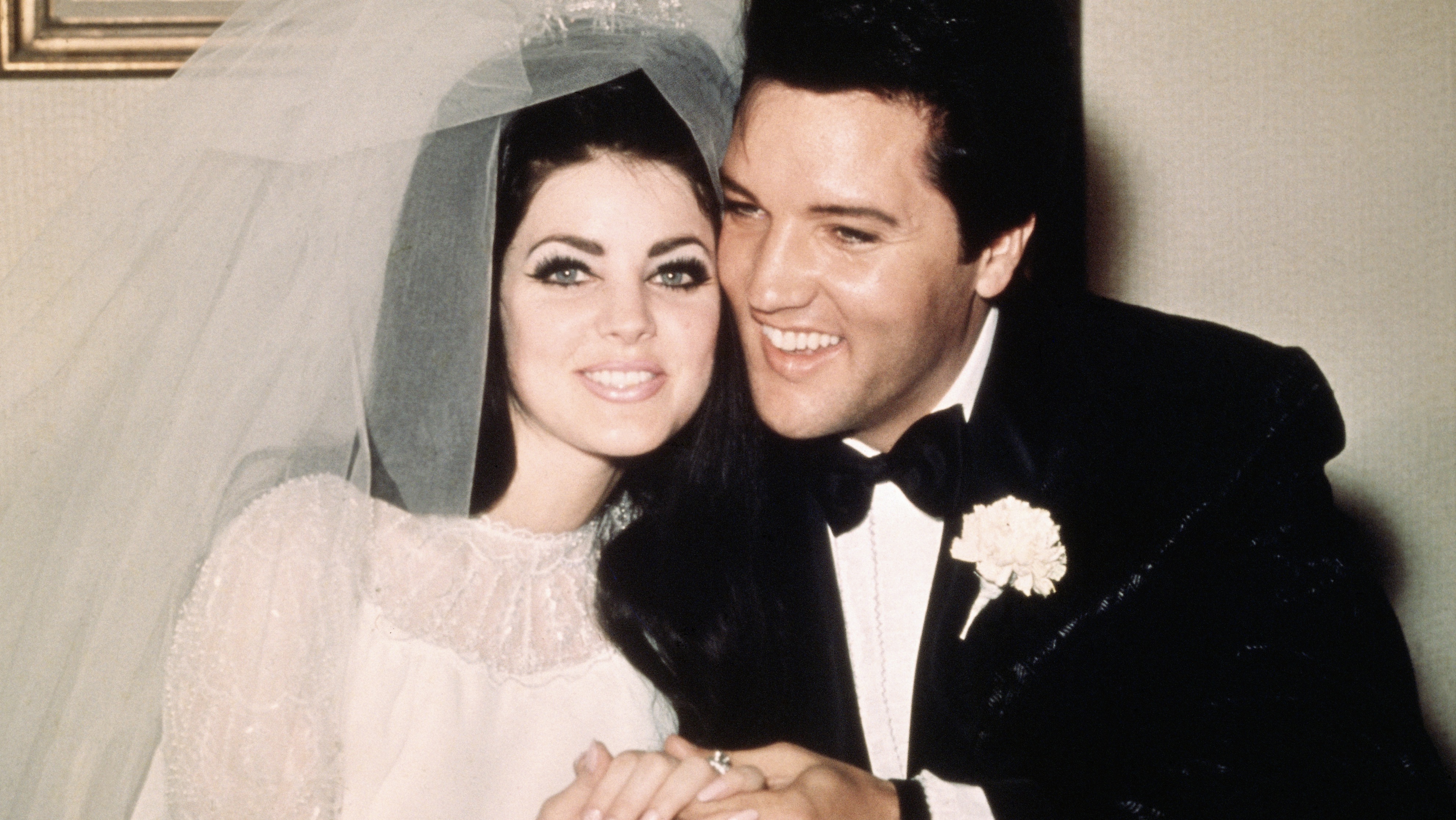 Inside the rocky marriage of Priscilla Presley and Elvis
Inside the rocky marriage of Priscilla Presley and ElvisUnder the Radar Rock and roll legend’s former wife praises Sofia Coppola’s new biopic
-
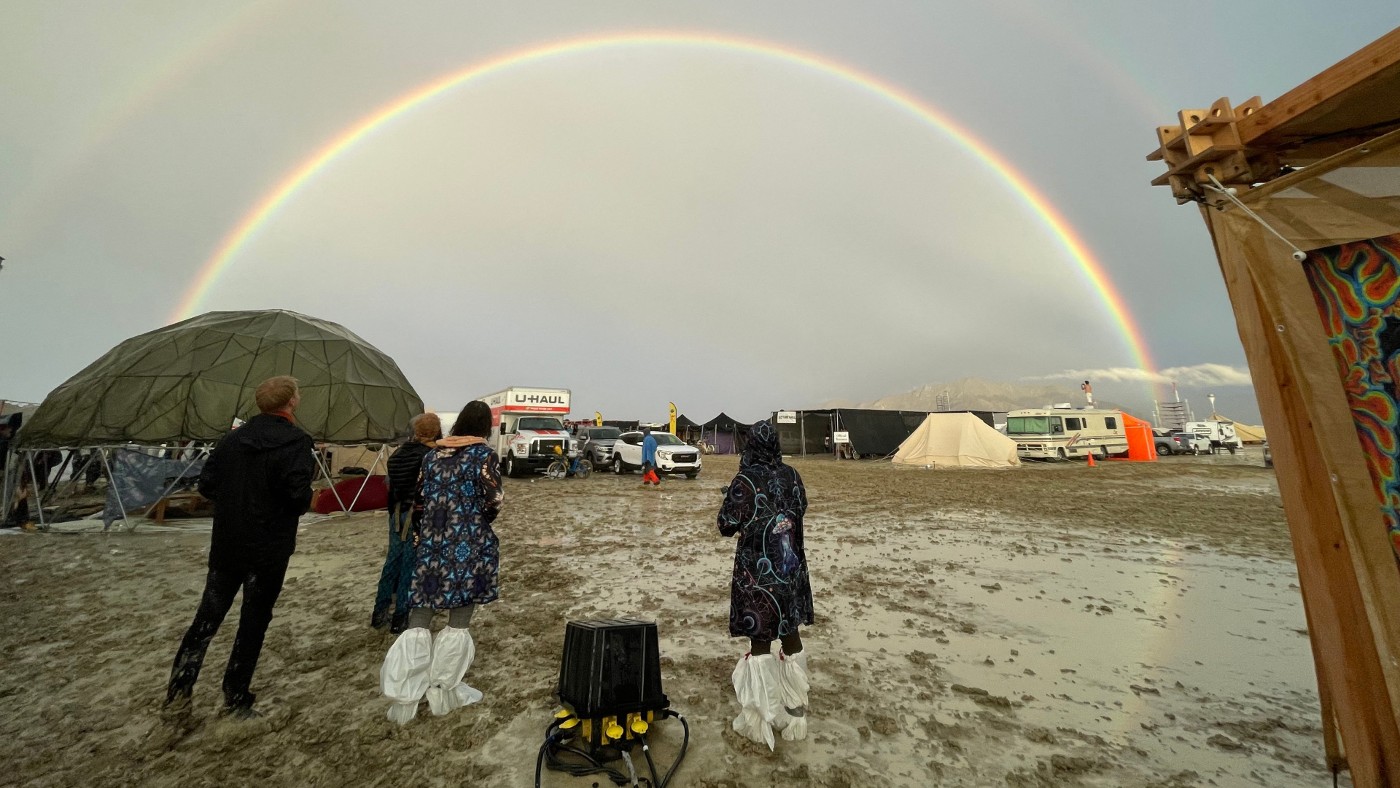 How Burning Man descended into chaos
How Burning Man descended into chaosUnder the Radar Torrential rain leaves thousands of revellers stuck at Nevada festival
-
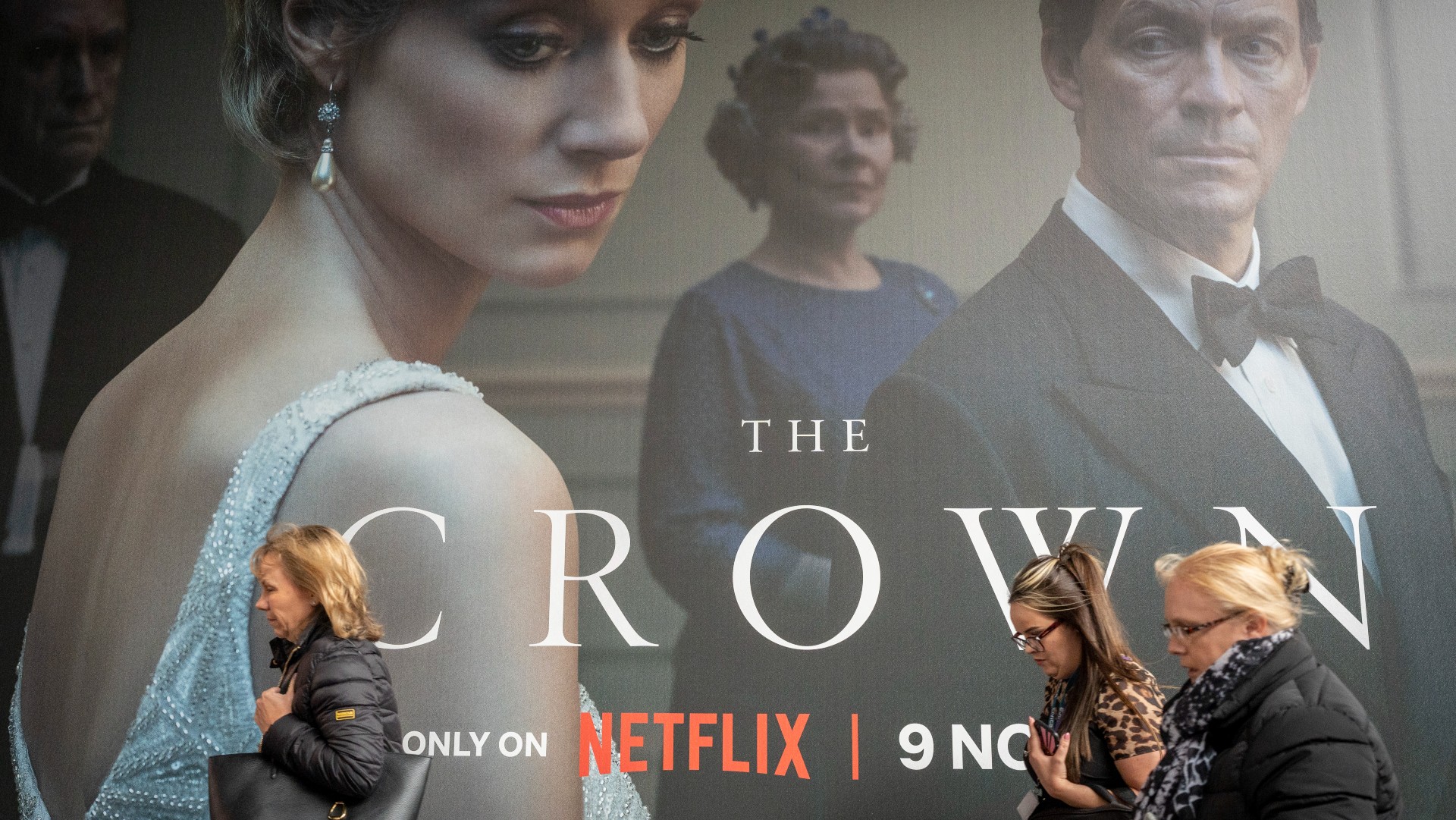 Princess Diana’s death in The Crown: how accurate is the Netflix series?
Princess Diana’s death in The Crown: how accurate is the Netflix series?Under the Radar The controversial show is returning for sixth and final season later this year
-
 Michael Parkinson: five best interviews by star presenter
Michael Parkinson: five best interviews by star presenterUnder the Radar ‘King of the chat show’ Parky has died aged 88
-
 The Beanie Bubble: the true story behind fallen toy empire film
The Beanie Bubble: the true story behind fallen toy empire filmUnder the Radar New release depicts rise and fall of 1990s stuffed plushy phenomenon
-
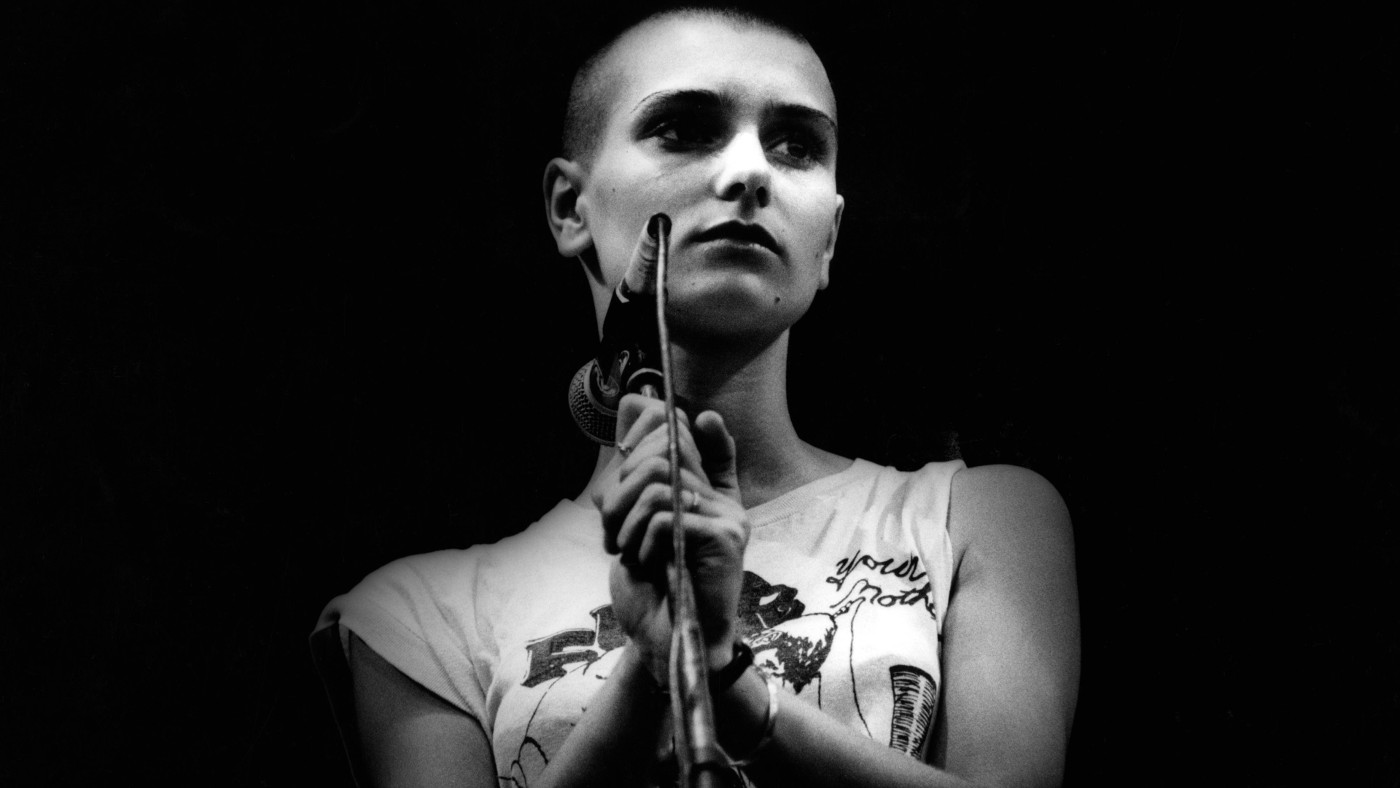 The story behind Sinéad O’Connor’s iconic Saturday Night Live performance
The story behind Sinéad O’Connor’s iconic Saturday Night Live performanceUnder the Radar Singer ‘stepped into culture-war infamy’ after tearing photograph of the Pope live on air
-
 Why police have reopened the Tupac Shakur murder case
Why police have reopened the Tupac Shakur murder caseUnder the Radar House near Las Vegas is searched as police hunt killer of the famous rapper nearly 30 years on
-
 A tour of Alain Ducasse’s chocolate factory in Paris
A tour of Alain Ducasse’s chocolate factory in ParisUnder the Radar Star chef has spent a decade transforming chocolate – now it’s coffee, ice cream and biscuits